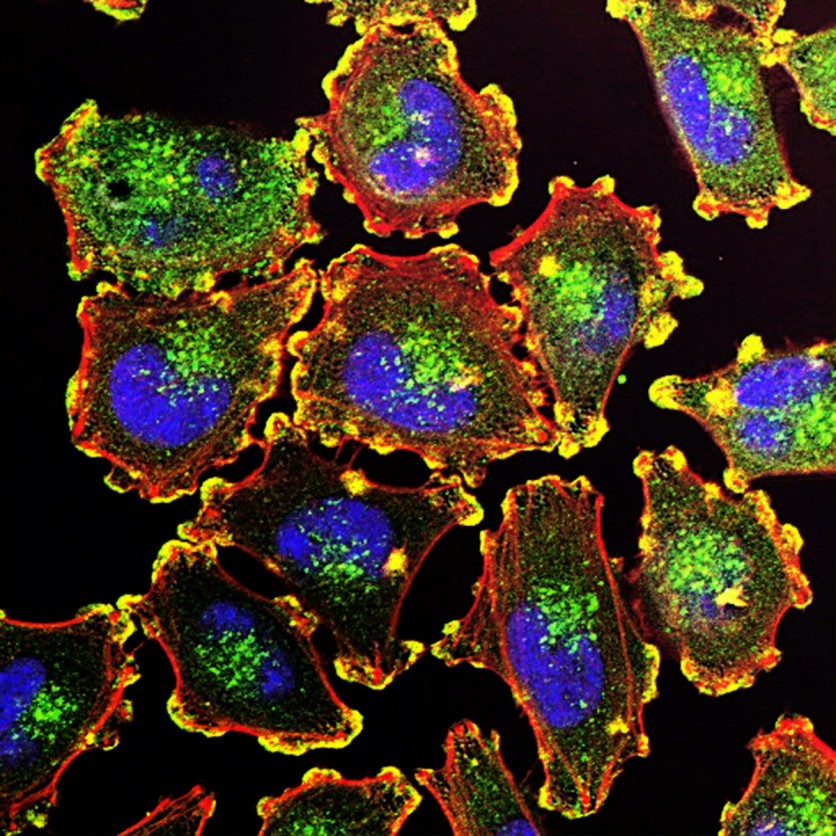In the field of COVID-19 research, attention has turned to a critical aspect: the prion region on the surface spike proteins of the virus and its implications, especially in the context of mRNA vaccines.
The journey through recent studies and scientific discourse paints a nuanced picture, raising questions about potential risks and unexpected outcomes.
Decoding the Prion Region

Researchers from Oxford revealed a noteworthy discovery in December 2023. They found that, intriguingly, 8 percent of the time, the body deviates from the intended spike protein formation with Pfizer mRNA vaccines. Instead, it produces aberrant proteins, prompting a closer examination of potential risks associated with such deviations.
Related Article : US-China Collaboration Successfully Restores Hearing in Children Through Gene Therapy
What Does The Preprint Study Tell Us?
Delving deeper into prions, retired French biomathematician Jean-Claude Perez published a preprint study on Jan. 12, speculating on whether these deviations could lead to the formation of prion-like proteins. Perez's study opens the door to exploring unintended consequences of mRNA vaccine administration.
Prions: Natural Proteins with Unnatural Paths
Prions, essential for human health, occasionally take a dark turn. A healthy prion can misfold into a pathogenic prion, setting off an irreversible chain reaction. Accumulation of pathogenic prions may lead to diseases like Creutzfeldt-Jakob disease (CJD) and even extend to conditions like Parkinson's and Alzheimer's.
Amino Acid Sequences: The Telltale Sign
Prion-like sequences, rich in specific amino acids, hold the key. Proteins with these sequences, whether from the human body or foreign sources, pose a risk of initiating prion diseases. The amino acid sequence becomes a crucial determinant of whether a protein might unleash pathological consequences.
mRNA Vaccines as Spike Protein Factories
Visualizing mRNA vaccines as instructional codes for spike proteins, it becomes imperative to understand the nuances of their composition. Pseudouridine, less common in the human body, plays a significant role. However, its higher presence increases the likelihood of frameshift errors, unintentionally altering the protein formation process.
Meanwhile, frameshift errors, akin to typos in a code, occur when the cellular machinery skips one or two bases in the mRNA sequence. Perez's research sheds light on the impact of frameshift errors, revealing that a deviation of one base retains prion-like sequences, while a two-base deviation eliminates them.
Spike Proteins and Neurological Disorders
The literature echoes the concerns of healthcare experts, according to The Epoch Times. Spike proteins, especially in COVID-19, have been linked to prion formations.
Studies suggest connections with Alzheimer's, prion diseases, and even Parkinson's. The unique prion-like domain in SARS-CoV-2 sets it apart, raising questions about the potential neurological consequences of infection.
Clinical cases contribute anecdotal evidence. Instances of individuals developing CJD symptoms post-COVID-19 vaccination or infection raise red flags.
Furthermore, the acceleration of prion diseases becomes a focal point of concern, urging further investigation into the relationship between spike proteins and neurological disorders.
The potential link between prion-like proteins and COVID-19, coupled with the dynamics of mRNA vaccines, hints at the need for continued research and vigilance.
Unraveling the mysteries of these microscopic issues is a journey fraught with confusion, yet imperative for the future of global health.
Read Also : Ireland Secures Access to World's Costliest Drug, Bringing Hope to Children Battling Rare Disease

ⓒ 2026 TECHTIMES.com All rights reserved. Do not reproduce without permission.




